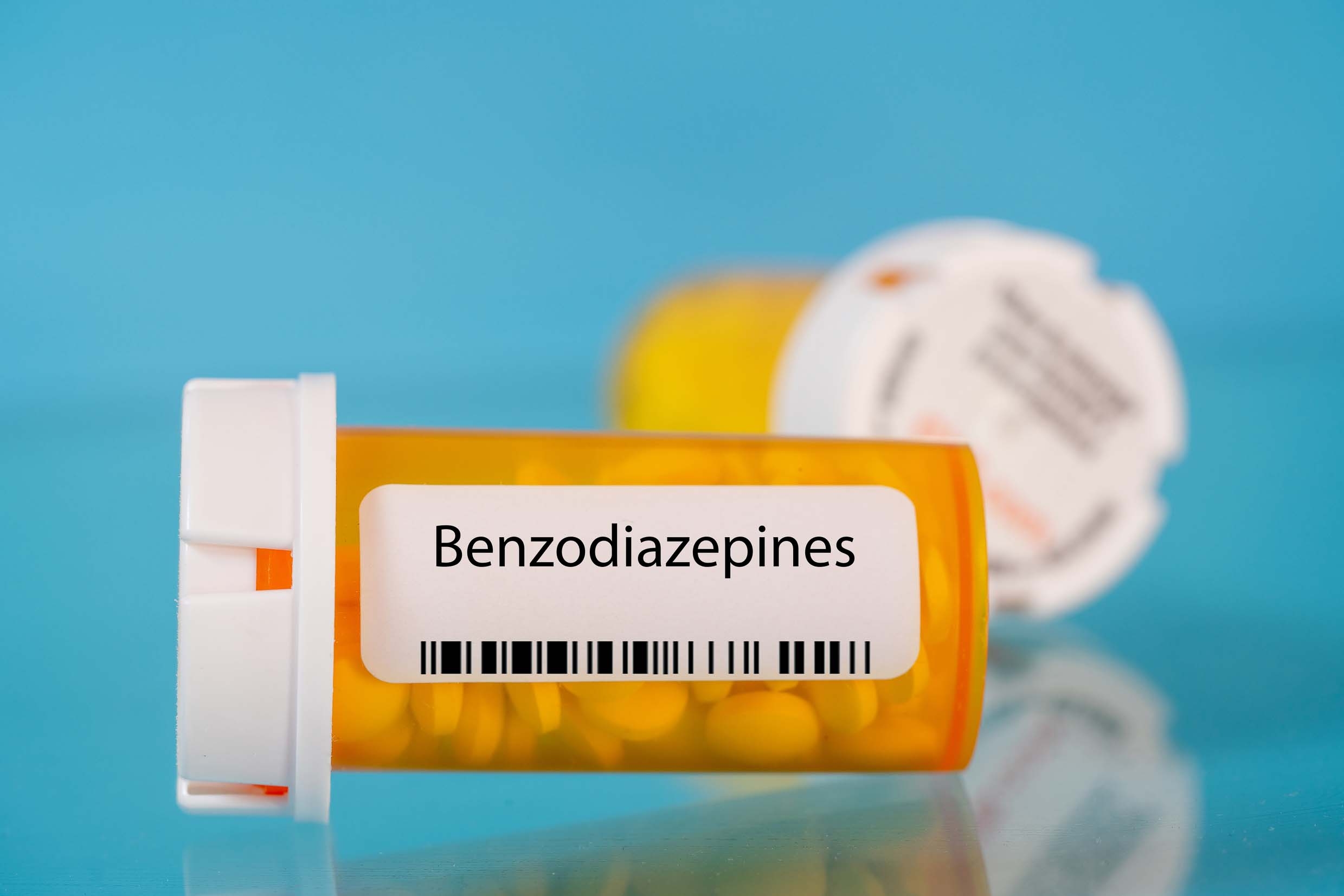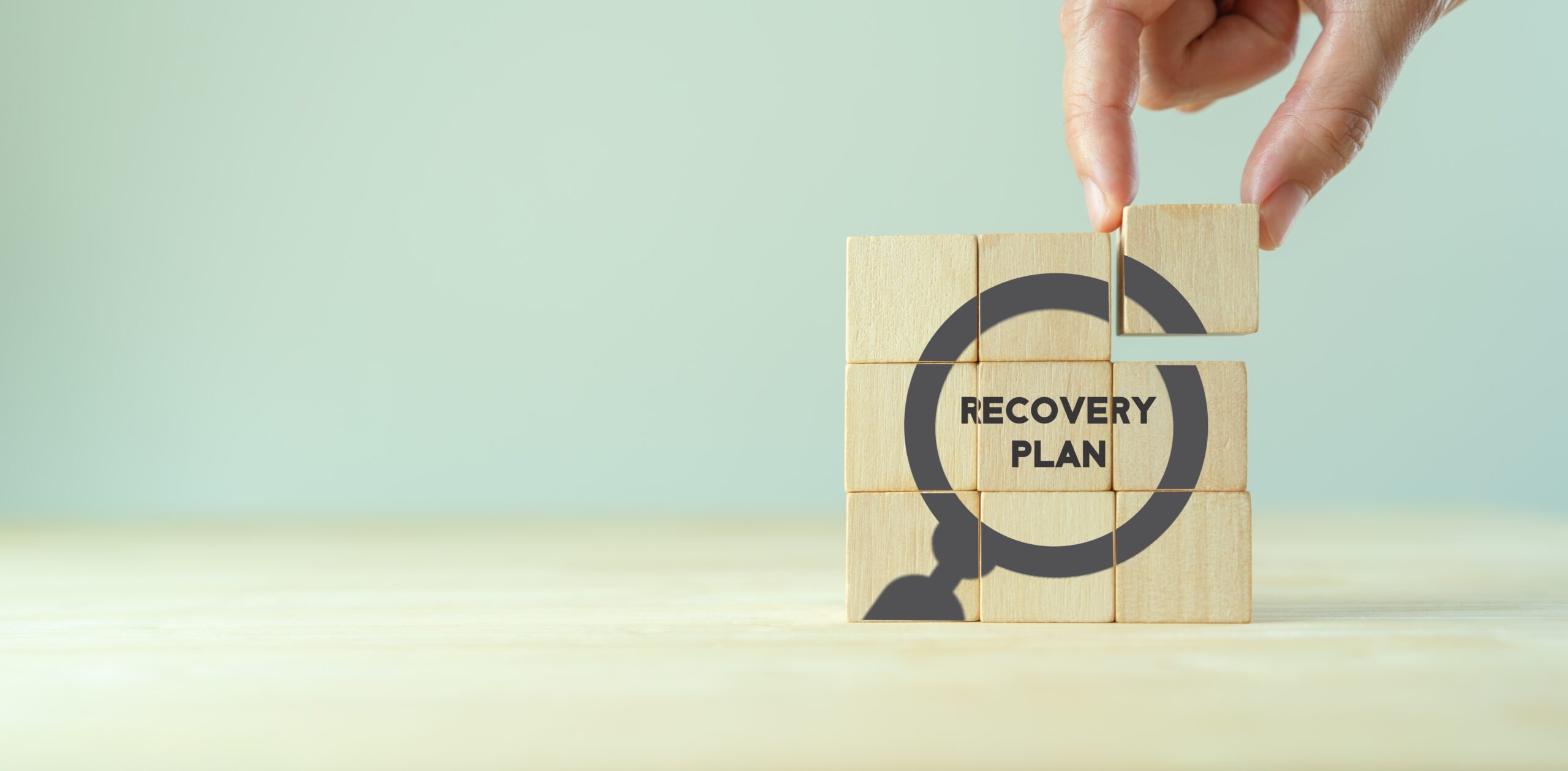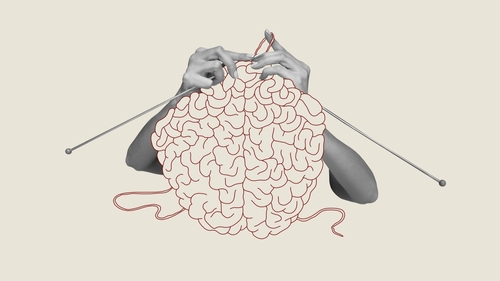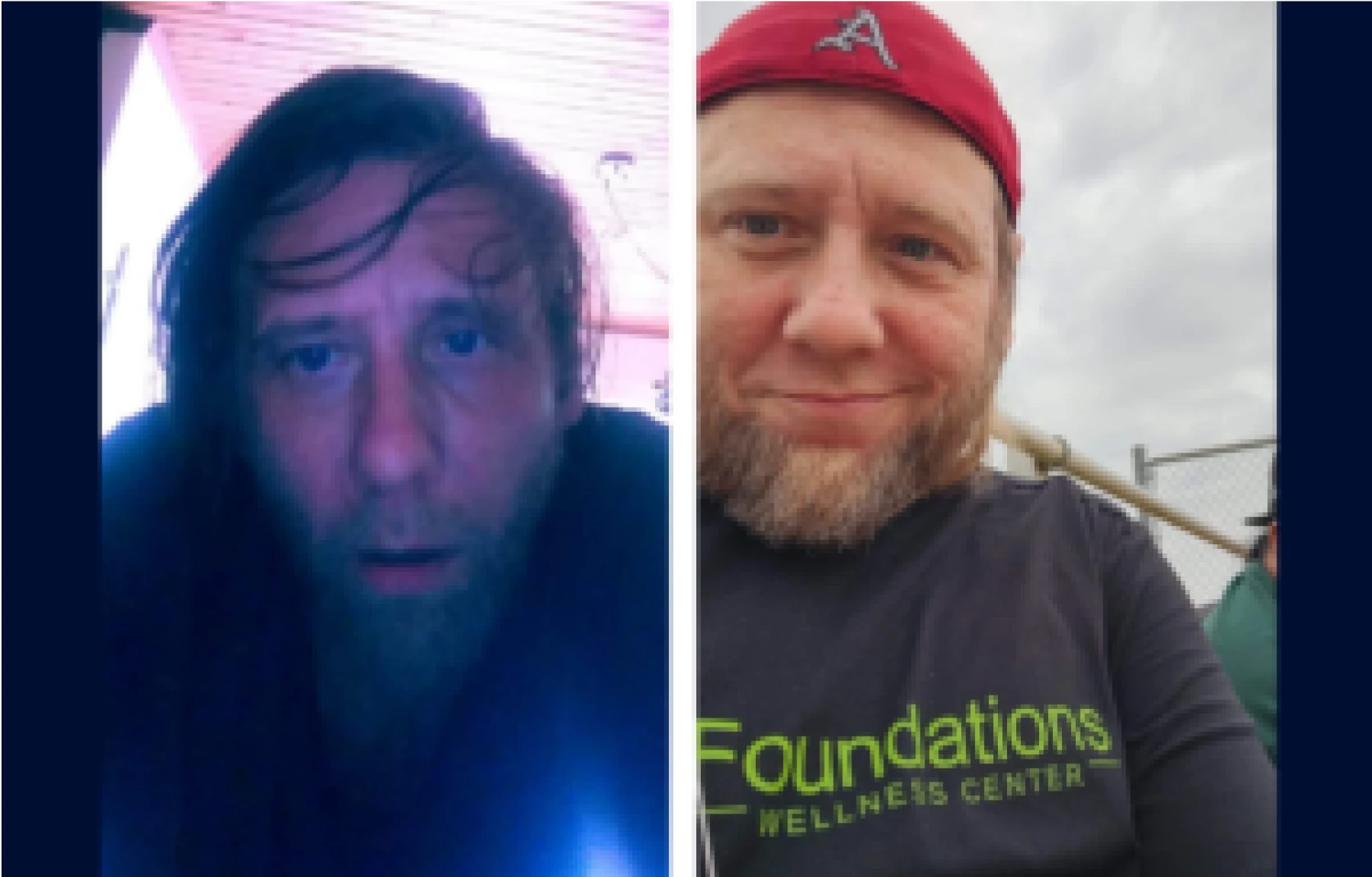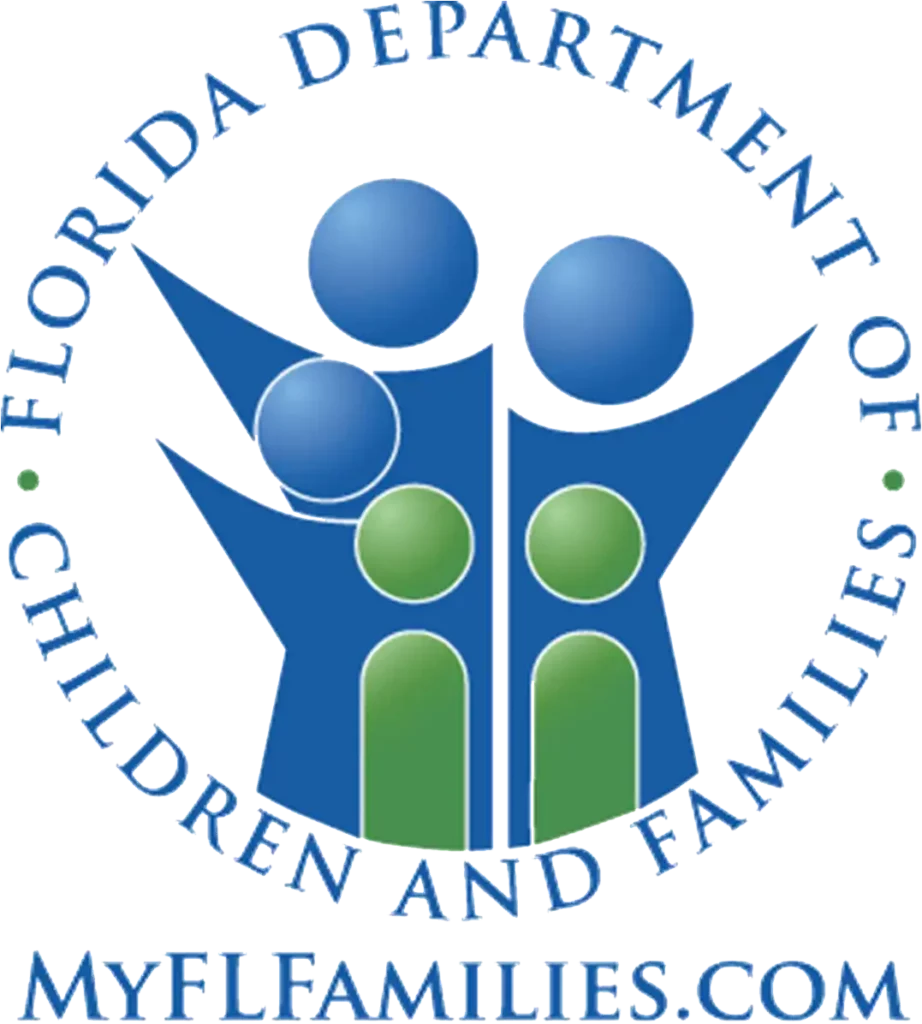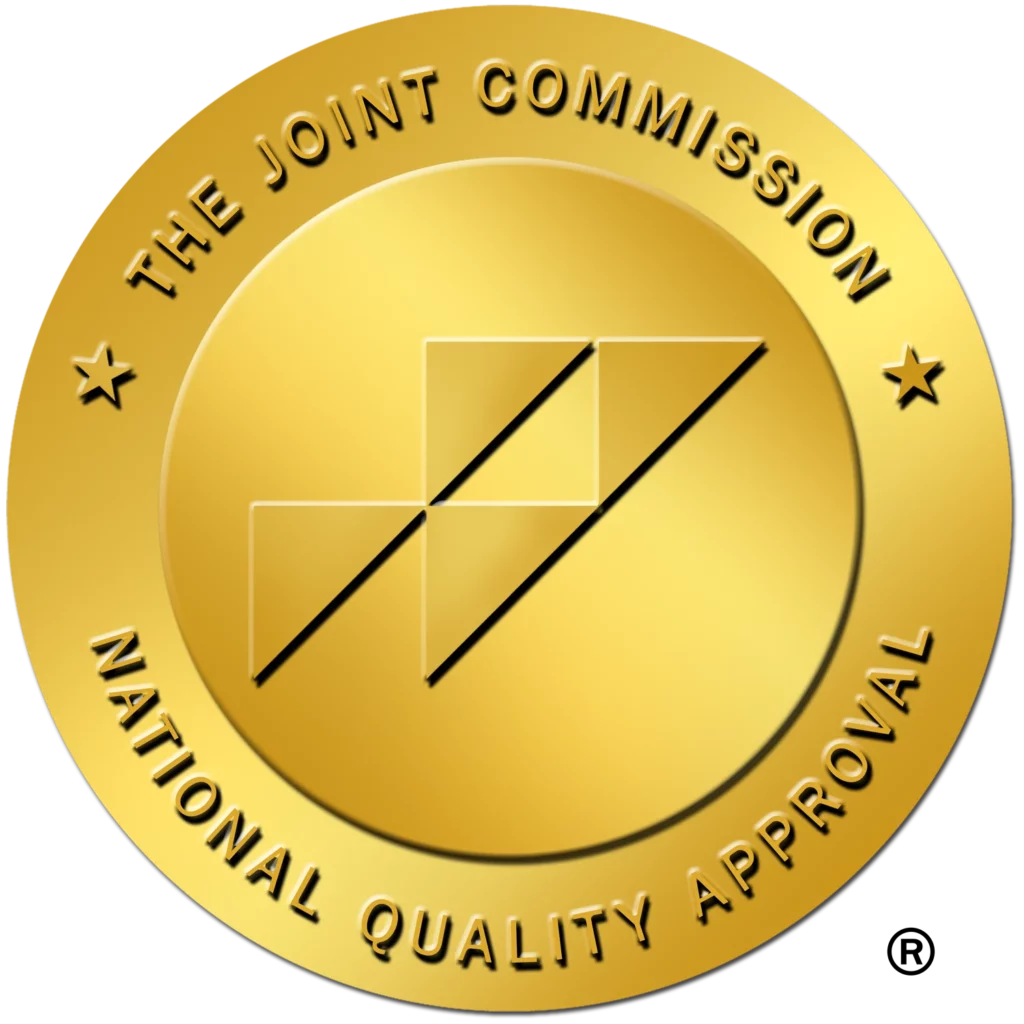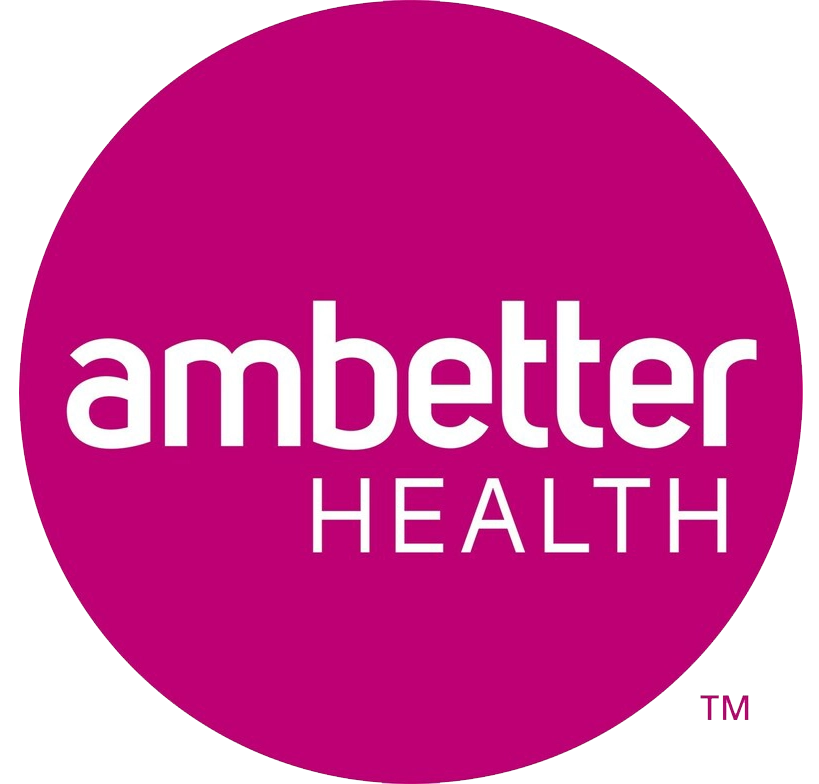Why Celebrity Relapse is So Common… and What Can We Learn From It
This entry was posted in Addiction Recovery, Alcohol Abuse, Alcohol Rehab, Drug Abuse, Drug Rehab and tagged celebrity relapse, what we can learn from celebrity relapses, why are relapses common for celebrities, why do celebrities relapse on January 18, 2022 by Justin Baksh, MS, LMHC, MCAP, Chief Clinical Officer.
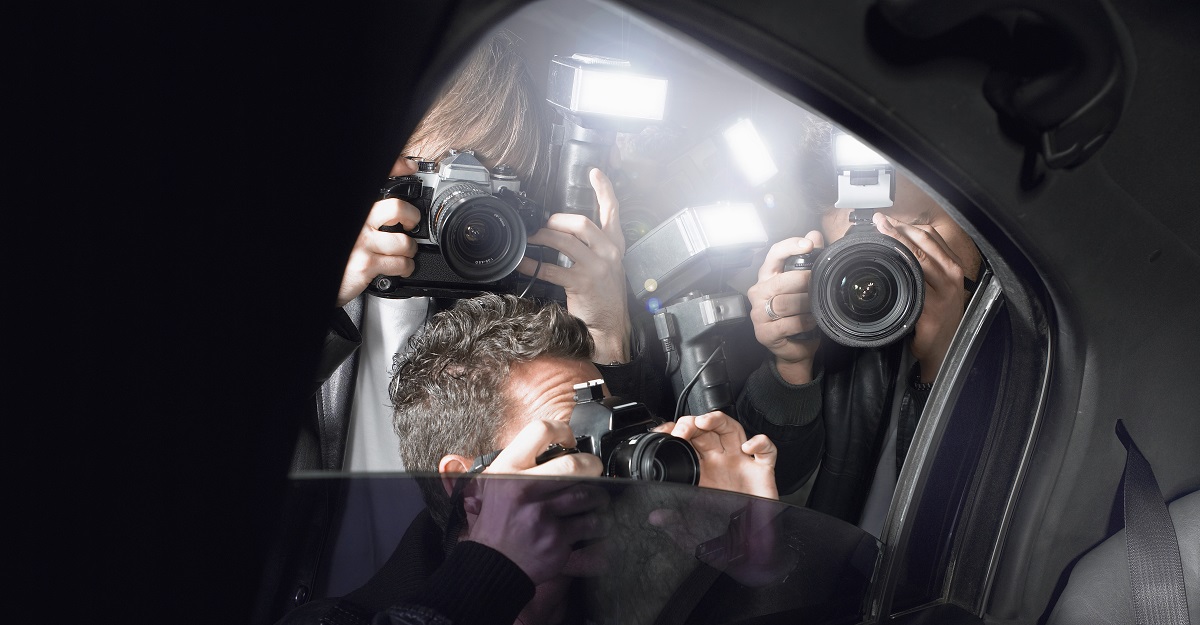
When news of a celebrity relapse hits, most people are supportive. While there will always be haters ready to question whether someone can get back on track, there are also amazing success stories. Many celebrities have beaten addiction and lived a healthy, clean life for years.
However, what is typically not focused on are the daily battles celebrities must endure to get clean and stay that way.
The Life of a Celebrity is a Perfect Breeding Ground for Addiction
The celebrity universe is unique one, and those who inhabit it more prone to relapse. Here are the top reasons why… and what we can learn from each one.
Exposure

If you are never exposed to drugs, you will likely never use them. The opposite is true as well – exposure precedes addiction. Celebrities go to parties, events, work locations, and gatherings where people are using substances right in front of them. An actor may have a scene where they must use alcohol or drugs or a singer must sing lyrics painting substance use in a positive light. These situations can trigger a relapse. It is similar to trying to lose weight while working at a pizzeria. Difficult, right? Now, imagine heading out to dinner where your friends order pizza while you try eating a salad. Watching your friends devour delicious pizza – after you spent all day making them – is going to make you more likely to cave. We’ve all experienced a similar struggle. Unfortunately, any substance, whether it is pizza or cocaine, can easily find its way back into our lives.
What this means for you:Engineering your life to avoid exposure to substances is a smart way to prevent relapse. Whatever you need to change in your life to avoid temptation, do so. Some newly recovered folks even move to a new location, far away from old triggers. If this is not possible for you, try to change other things, such as your schedule, your job, and the people you surround yourself with.
Availability
Availability does not equal exposure. If you work at a bank, you may be touching money all day, but it’s certainly not available to you. Celebrities, though, have a double whammy of exposure and availability – and availability can be a powerful trigger for relapse. If something is difficult to get, it is easier to avoid. For example, if you are trying to stay away from alcohol and you do not have any in your home, staying there is usually a great way to avoid falling back into old habits. That’s because you must take the additional step of ordering or going out to get alcohol to fall off the wagon. However, if it is stashed in every corner of your house, friends are bringing it around, or you are at a bar, it makes it that much easier to talk yourself into taking a drink. The same thing happens with drugs and alcohol. They are easily available to celebrities, and they must battle the temptation to dive back in every single day.
What this means for you: Again, if you can work your life so that drugs or alcohol aren’t readily available to you, it will decrease your chance of relapse. Delete those numbers in your phone – the ones connected to people who supply access to illicit substances. Put your paycheck directly into an account that is hard for you to touch. Pay bills in advance or automatically as well. Don’t carry cash… or even a debit card. Instead, use a credit card for purchases (and don’t get a PIN for it). Put up all the guardrails you can to help yourself stay on the road of sobriety.
Lifestyle

Availability to substances usually reflects a person’s lifestyle. For example, a bartender trying to deal with alcoholism will be exposed to alcohol every day. They may not be able to quit their job, so it compounds the struggle they experience. This is the same for many celebrities, as they live a lifestyle immersed in luxury and excess. Opportunities for relapse are all around them because it is what their lifestyle dictates.
What this means for you: A sober lifestyle can be achieved no matter where you find yourself in life. You may not have the easy availability that comes with living in the lap of luxury, however, life can certainly be better (and less stressful) when paying your bills isn’t always a concern. Stress can also be a trigger for relapse, so work toward financial security but don’t worry about keeping up with the Joneses. In fact, don’t compare yourself to others at all. It’s about putting what is truly important first – and sobriety ranks right up there.
Forgiveness
As a society, we forgive addiction more than most disorders. People are all too willing to tell you about their battle with substance abuse. However, if they suffer from depression or anxiety, they may (wrongly) feel shame and embarrassment. Think about the last time you heard about a celebrity overdose. The reaction was, of course, shock, but also sadness. Now think of the last time you heard about someone committing suicide. The reaction to that news is also shock, but followed by questions and judgement. Why is that? Because we view suicide as a selfish act while drug addiction is a disease. This mindset creates a sympathy for people who are battling addiction and, as a society, we tend to give celebrities who relapse a pass. That forgiveness is actually a big reason why relapses occur. Knowing they will be forgiven if they relapse, celebrities can have less of a reason to stay strong.
What this means for you: Surrounding yourself with people who do not use illicit substances and who have firm convictions and boundaries aids in maintaining your recovery. If you can, seek healthy relationships with others and avoid co-dependency. You don’t want to be enabled back into using again. Having consequences will make you think twice before picking up that drink or that drug.
Ego
It’s like the adage: Don’t believe your own press. While we all have an ego, for some it grows larger due to how they think about themselves. And for celebrities, there is the trap of starting to believe the hype and the praise heaped upon them. Maybe they are convinced they are better or stronger than they are, or that using is ok because they can manage and handle it. They may convince themselves that they are in complete control: They can take a substance, enjoy it, and then return to their lives with no consequences. Their self-conception may be skewed, leading them to trust that they have more strength than the substance.

What this means for you: Don’t believe your own press. In fact, don’t look for (or at) external validation at all. It’s not reliable nor consistent. Stay humble and try to realize your own limits as a human being. In fact, there is strength in weakness… Admitting that you are powerless to use within limits ultimately leads to a stronger recovery.
Stress
The celebrity pedestal can be hard to maintain. Celebrities have little to no privacy – they are photographed while jogging, hitting the grocery store, or grabbing a cup of coffee. Every aspect of their appearance is scrutinized… How dare they age or put on weight? Their personal problems are up for public discussion, from a financial setback to a health condition or a divorce. It’s also extremely competitive, and their income can be sporadic. Their next project could be a flop, they could lose the next big game (or get injured), offers can dry up unexpectedly. and all of this affects the choices available to them in the future. Of course, it doesn’t matter if you are a millionaire or earning minimum wage, we all have stress. It’s how we view and manage that stress will determine whether we can stay strong. Some lifestyles, though, stoke anxiety and depression (which can lead to substance abuse) and some quell it. The celebrity world falls on the stoking side.
What this means for you: Of course you should avoid putting yourself in stressful situations. However, this is not always possible. If you find yourself stuck in a stressful situation, though, you can still change your perception. Think of this: Two people are headed into the same workplace and to do the same exact tasks. Both battle addiction, and both have been clean for a year. The first person views the workload and stress that comes with it as a challenge that will make it difficult to stay sober, and, naturally, they will want to lean on substances to manage the stress. The other person looks at the work and stress of the day as a good thing. How? They see it as a distraction that will allow them to focus on something other than their addiction. Read that again.
Celebrities Relapse for the Same Reasons Other People Do
Some view celebrities as being the best of us because of their talent and dedication to their craft. However, when they make mistakes (because they are human) people may brush that off as if they themselves are not capable of making the same mistakes. Instead, we need to learn from those mistakes so that we can avoid them.
It is also true that you can be set up to fail. That’s why those in early recovery are encouraged to avoid old people, places, and things. In fact, many rebuild their lives around their sobriety. This is hard to do as a celebrity – and may be hard for you to do as well. Due to family obligations, a career trajectory you must return to, or other reasons, you may not be able to remake your life.
Understanding the challenges celebrities face each day can offer insight into why you, too, are fighting an uphill battle. It also illustrates the need for professional assistance as well as social and family support to stay strong. Celebrities are people, too. We’re all in this together.
RELATED: 5 things we can learn from celebrity overdoses
Do you have an addictive personality? Take the quiz
13 ways to overcome challenges in early recovery

